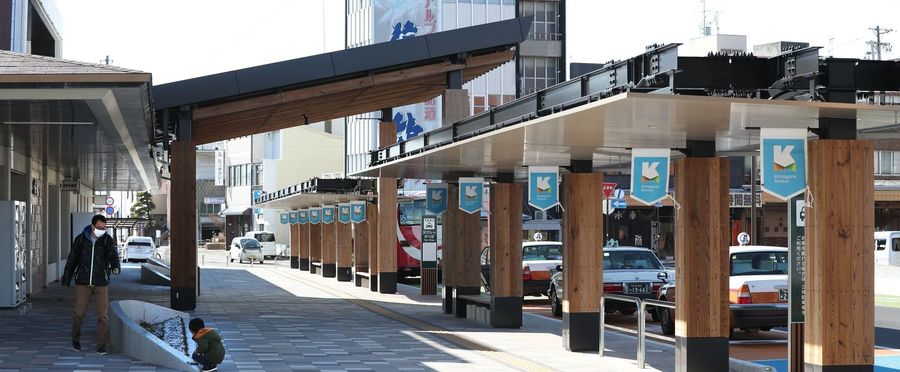A local supermarket in a small town has recently shuttered due to economic woes, symbolizing the ongoing decline of rural communities in Japan. The closure of this vital institution, a primary source of groceries for the community, has reignited concerns over the shrinking economy and population in smaller towns. While efforts for revitalization are underway, many question the sustainability and long-term consequences of these trends.
In Japan, the closure of a local supermarket is not just the loss of a business, but signals a decline in community vitality. In many small towns, supermarkets serve as hubs for community interaction, as well as essential providers of rudimentary needs. Therefore, the closure not only affects economic stature but also the social fabric, often resonating deeply with the locals.
Similar to Japan, rural communities in the US and EU also face economic struggles. However, the emphasis on local businesses varies. In the US, for example, large chains often replace local stores, while in EU countries, more importance is given to locally-owned businesses. Suburbanization and rural depopulation in the US have also had similar effects, though each country has its unique set of challenges and decisions to revitalize these areas.

